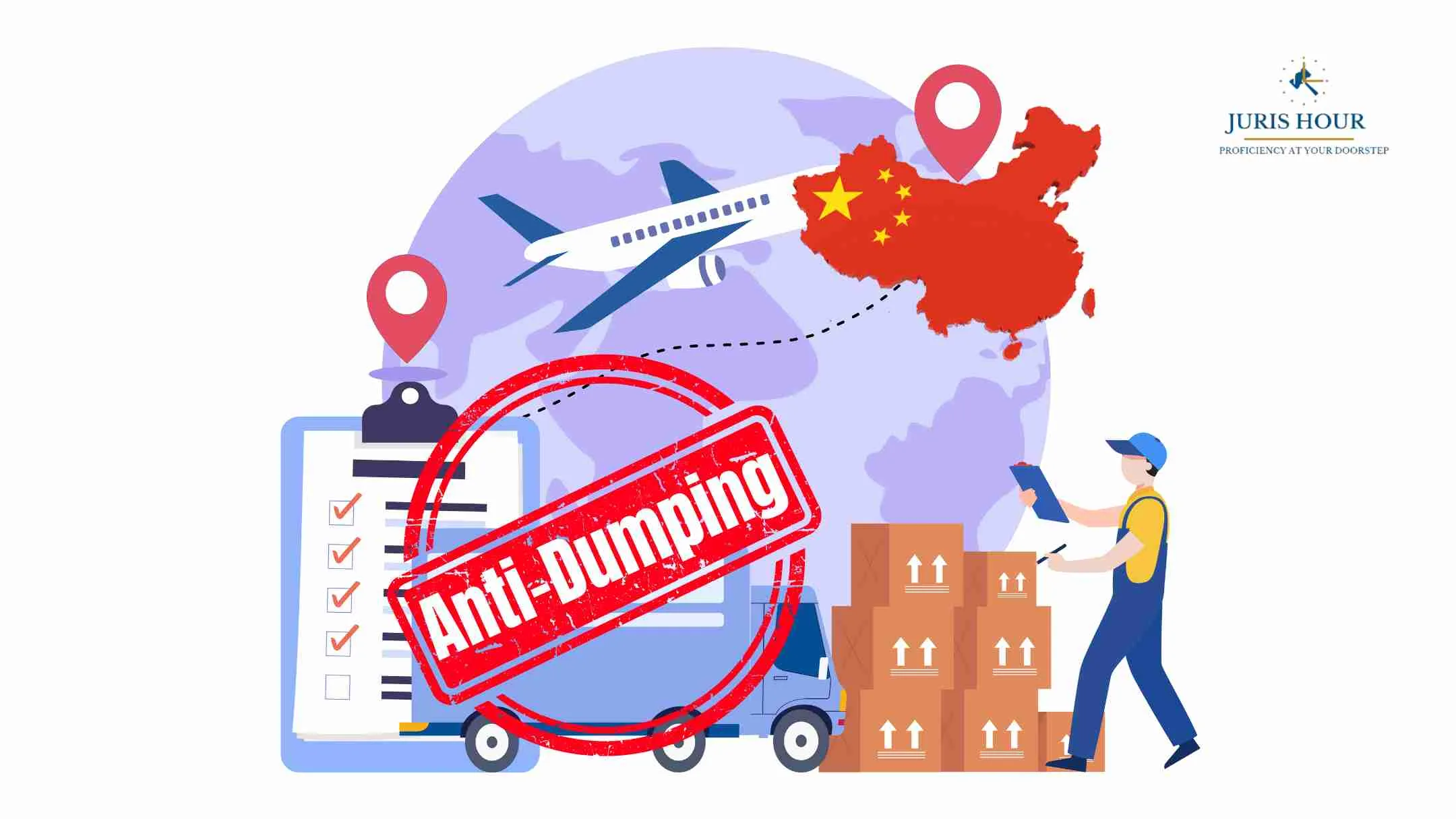In a development that has raised serious concerns within the Indian bullion trade and revenue departments, gold is reportedly being imported at zero or significantly reduced customs duty under the guise of chloroauric acid—a chemical compound that contains gold. Industry experts claim this practice is not only exploiting a loophole in Free Trade Agreements (FTAs) but also causing heavy revenue losses to the exchequer and disrupting the organized gold trade in India.
Understanding the Loophole
Chloroauric acid (HAuCl₄) is a chemical compound used primarily in gold refining, electroplating, and research. It typically contains between 17% to 19% pure gold by weight. However, under current customs regulations and international trade treaties, especially the FTAs with countries like South Korea and ASEAN nations, chloroauric acid is classified as a chemical product and not as a form of gold.
This classification allows it to bypass the standard 6% customs duty that applies to direct gold imports (bars or dore), thereby entering India at 0% or minimal duty. Once imported, the gold is extracted and refined domestically, converting it back into bullion with considerable cost advantage.
Loss to Exchequer
According to estimates from the bullion trade and former customs officials:
- For every 100 kg of chloroauric acid imported, there is approximately 17–19 kg of pure gold.
- With gold prices hovering around ₹70 lakh per kg and a 6% duty differential, the duty evaded per 100 kg of chloroauric acid is roughly ₹1.8–2 crore.
- When scaled to hundreds of tonnes annually, the cumulative loss to the government could run into hundreds of crores.
Customs officials acknowledge the difficulty in controlling such imports unless the harmonized system (HS) code classification is amended or additional technical scrutiny is applied.
Impact on the Bullion Industry
The Indian bullion and jewellery industry, which operates under strict compliance norms and pays full import duties on gold bars, is reeling under the impact:
- Legal importers are facing unfair competition, as those using the chloroauric acid route get gold at significantly cheaper rates.
- Price distortions in the domestic gold market are creating challenges for legitimate refineries and jewellers.
- The organized gold ecosystem, including refineries, traders, and government-registered bullion dealers, is losing out to backdoor players.
The GJEPC (Gem and Jewellery Export Promotion Council) and various bullion associations have already raised red flags and sought immediate government intervention.
Legal and Treaty Issues
The root of the issue lies in treaty misuse, especially FTAs where certain chemical products including chloroauric acid are allowed duty-free movement. While the intention was to promote trade in industrial chemicals, gold-bearing chemicals were not expected to become a backdoor for bullion import.
Tax experts suggest:
- Revisiting FTA tariff schedules to specifically exclude gold-bearing compounds or impose conditional duties.
- Bringing in value-based thresholds or specific customs notifications to prevent such misuse.
- Conducting post-import scrutiny and beneficiary audits of such importers.
Government Response and Way Forward
The Central Board of Indirect Taxes and Customs (CBIC) has reportedly taken cognizance of the issue and is assessing whether gold content in imported chloroauric acid can be deemed dutiable gold. A few cases have also been flagged where gold recovered from such compounds far exceeded declared limits.
Policy recommendations include:
- Amending the Customs Tariff Act to include gold-bearing compounds under dutiable gold categories.
- Mandating end-use declarations and tracking gold recovery from imported chemicals.
- Strengthening the rules of origin checks under FTAs to prevent treaty abuse.
Conclusion
What began as a trade facilitation measure under FTAs has become a major revenue leakage channel and a disruptive force in India’s gold ecosystem. Without urgent corrective action from the government, the organized bullion sector could suffer further, and the exchequer could continue to lose significant revenue. The issue is now a litmus test for India’s trade policy enforcement and its ability to strike a balance between ease of doing business and national economic interest.
Read More: WORRIED About TDS Deduction From Salary – Here’s How You Can Claim It Back
- Trump Unveils Trade Pact with Indonesia Featuring 19% Tariff, Aims to Slash US Trade Deficit - July 16, 2025
- Gujarat High Court Declines to Interfere with State GST Advisory On Interest For Delayed Tax Payment - July 16, 2025
- Providing G-Card Holder Login Credentials To 3rd Party Leads to Import Misdeclaration: CESTAT Upholds Revocation of Customs Broker Licence - July 16, 2025






